Will Allen has transformed his hometown of Milwaukee from a food desert to a center of urban farming excellence. His 20 years’ experience leading the Growing Power non-profit has made him a national food policy leader and an inspiration to many disadvantaged communities. Farming is very important to communities, it can provide healthier and more sustainable food production, and teaches new generations more traditional skills such as animal welfare.
Michelle Obama turned to him to help plant a vegetable garden at the White House. Allen has also been named one of the ‘World’s 100 Most Influential People’ by Time magazine.
Urban farming for the world
Will’s mission is to provide good food and youth employment in deprived neighborhoods. His aim is to spread the know-how on urban farming throughout the world.
Allen’s recent talk at the Mountain View Center for the Performing Arts was a showcase of the progress of Growing Power. One greenhouse has become a community spanning two major cities with 140 employees and 15 training centers.
In the States, his next project is Detroit which has 90 square miles of empty land but not one retail grocery store. Worldwide, he has reached out to places as diverse as London, Kenya and Ukraine.
Urban farming and sustainability
Will Allen is transforming his farms into models of sustainable agriculture. All the soil is created from waste products such as food, beer and coffee. Every year, 10 million pounds of waste is being diverted from landfills for use in Growing Power’s farms. Crops and fish are grown together in a re-circulating aquaponics system. And fly larvae laid in the compost is used to feed the fish!
The urban farm gets a quarter of its energy needs from solar power. It also has an anaerobic digester that breaks down used compost to create methane gas for power generation. Rainwater is collected from the roofs to water the crops.
Urban farming and organics
There is no soil on asphalt, empty parking lots or on a factory floor. That means all the soil must be created from scratch. And that’s where the worms come in.
Worms are excellent at breaking down waste to make nutrient-rich, organic compost. No fertilizers required!
This compost is practically weed-free so hand-weeding and natural methods keep the weeds in check. No herbicides required!
Urban farms can also make use of another animal commonly found in cities: horses. London, for example, is well known for its urban population of horses. The Queen’s Royal Guard has hundreds in their stables, whilst the Met Police also have a mounted constabulary. But what happens to all their manure? Well, it goes to urban farms! Farms need manure as a nutrient replacement for the soil, so having a good local supply of it can be especially useful.
Friendly bugs are also used to eat any pests, meaning no pesticides are required!
Urban farming and the future
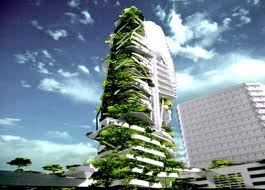 Will is working on methods to make urban farming more efficient. His ideas range from multi-level greenhouses, fish hatcheries in old factories to a multi-story, vertical farm. He needs $12 million dollars for that one!
Will is working on methods to make urban farming more efficient. His ideas range from multi-level greenhouses, fish hatcheries in old factories to a multi-story, vertical farm. He needs $12 million dollars for that one!
Will continues to spread the word on the potential of urban farming. Growing Power is showing us the way forward to feed the world. Let’s hope that many of our cities will be transformed into the urban farms of the future.
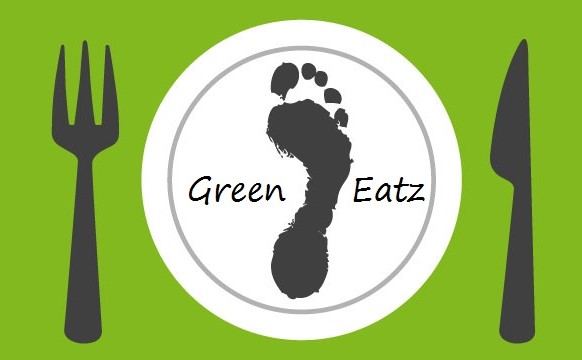
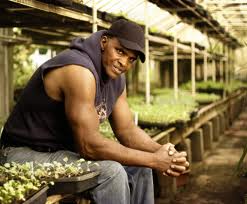
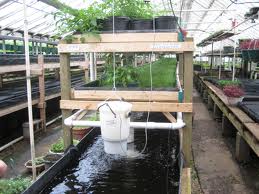
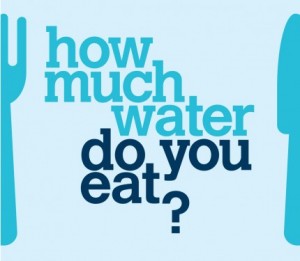

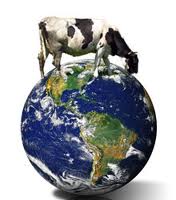


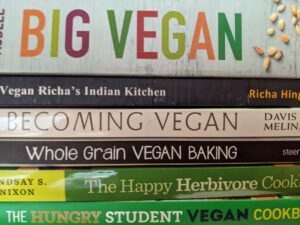
Inspirational! I am always in favour of natural farming. Cow wastes are a useful source of making good compost.